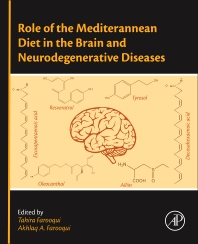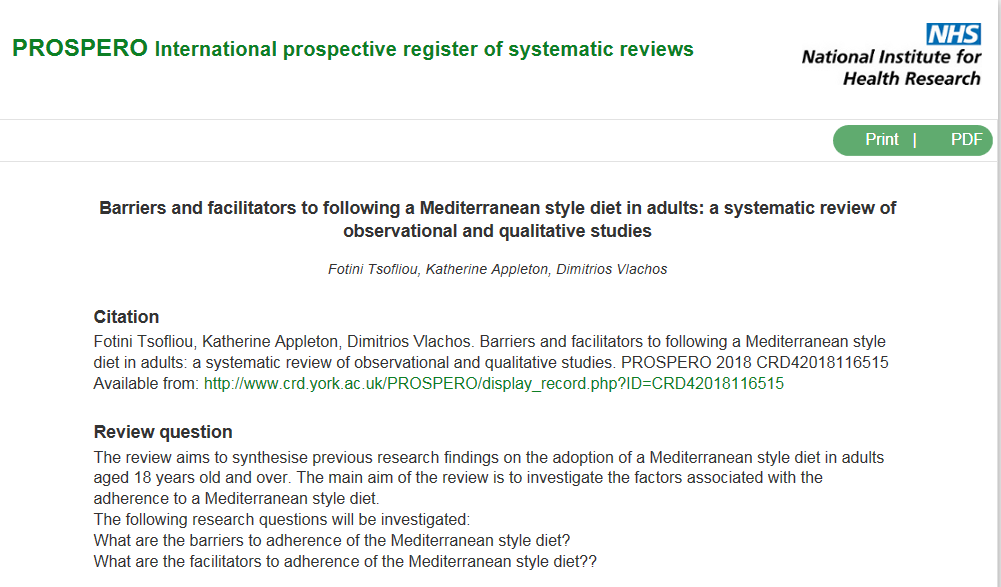The chapter is called, “Interplay between lipid mediators and the immune system in the promotion of brain repair”, and looks at the interactions of omega-3 and omega-6 fatty acids with endocannabinoids in neuroinflammation, neurogenesis and brain aging.

The brain is highly enriched in docosahexaenoic (DHA) and arachidonic (ARA) acids, omega-3 and omega-6 polyunsaturated fatty acids (PUFAs), respectively. DHA and other long-chain omega-3 PUFAs are precursors of anti-inflammatory and pro-resolving mediators, whereas ARA is precursor of inflammatory eicosanoids, but also pro-resolving mediators. The endocannabinoid system comprises a group of bioactive lipids, receptors and enzymes involved in their synthesis and degradation. 2-archidonoylglycerol (2-AG) and anandamide (AEA) are the primary agonists of cannabinoid receptors in the brain, substrate for enzymes such as cyclooxygenases, lipoxygenases and cytochrome P450 mixed function oxygenases, which release ARA upon hydrolysis. The aging brain has impaired ability to balance protective and detrimental effects of the immune system and chronic low-grade neuroinflammation is a contributor to cognitive impairment and development of neurodegenerative diseases. There is a complex interplay between omega-3 and omega-6 PUFAs, the endocannabinoid system and the immune system. This chapter summarises current evidence of this interplay and discusses the therapeutic potential in the promotion of brain self-repair.
Dr Simon Dyall’s Bioactive Lipids Research Lab conducts research investigating the role of bioactive lipid mediators in brain protection and repair across the lifespan and following neurotrauma.
The book, Role of the Mediterranean Diet in the Brain and Neurodegenerative Disease” is edited by Farooqui T. and Farooqui A., and is due for publication 1st November 2017 by Academic Press. Paperback ISBN: 9780128119594
https://www.elsevier.com/books/role-of-the-mediterranean-diet-in-the-brain-and-neurodegenerative-diseases/farooqui/978-0-12-811959-4













 Beyond Academia: Exploring Career Options for Early Career Researchers – Online Workshop
Beyond Academia: Exploring Career Options for Early Career Researchers – Online Workshop UKCGE Recognised Research Supervision Programme: Deadline Approaching
UKCGE Recognised Research Supervision Programme: Deadline Approaching SPROUT: From Sustainable Research to Sustainable Research Lives
SPROUT: From Sustainable Research to Sustainable Research Lives BRIAN upgrade and new look
BRIAN upgrade and new look Seeing the fruits of your labour in Bangladesh
Seeing the fruits of your labour in Bangladesh ECR Funding Open Call: Research Culture & Community Grant – Apply now
ECR Funding Open Call: Research Culture & Community Grant – Apply now ECR Funding Open Call: Research Culture & Community Grant – Application Deadline Friday 12 December
ECR Funding Open Call: Research Culture & Community Grant – Application Deadline Friday 12 December MSCA Postdoctoral Fellowships 2025 Call
MSCA Postdoctoral Fellowships 2025 Call ERC Advanced Grant 2025 Webinar
ERC Advanced Grant 2025 Webinar Update on UKRO services
Update on UKRO services European research project exploring use of ‘virtual twins’ to better manage metabolic associated fatty liver disease
European research project exploring use of ‘virtual twins’ to better manage metabolic associated fatty liver disease